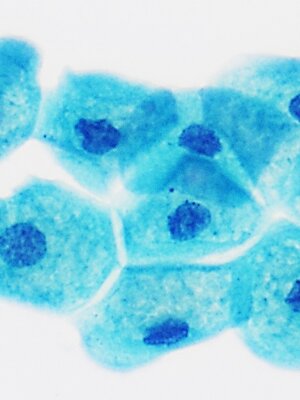
Abstract
Remarkable progress in bioengineering over the past two decades has enabled the formulation of fundamental design principles for a variety of medical and non-medical applications. These advancements have laid the foundation for building multicellular engineered living systems (M-CELS) from biological parts, forming functional modules integrated into living machines. These cognizant design principles for living systems encompass novel genetic circuit manipulation, self-assembly, cell-cell/matrix communication, and artificial tissues/organs enabled through systems biology, bioinformatics, computational biology, genetic engineering, and microfluidics. Here, we introduce design principles and a blueprint for forward production of robust and standardized M-CELS, which may undergo variable reiterations through the classic design-build-test-debug cycle. This Review provides practical and theoretical frameworks to forward-design, control, and optimize novel M-CELS. Potential applications include biopharmaceuticals, bioreactor factories, biofuels, environmental bioremediation, cellular computing, biohybrid digital technology, and experimental investigations into mechanisms of multicellular organisms normally hidden inside the "black box" of living cells.
DOI: 10.1063/5.0076635